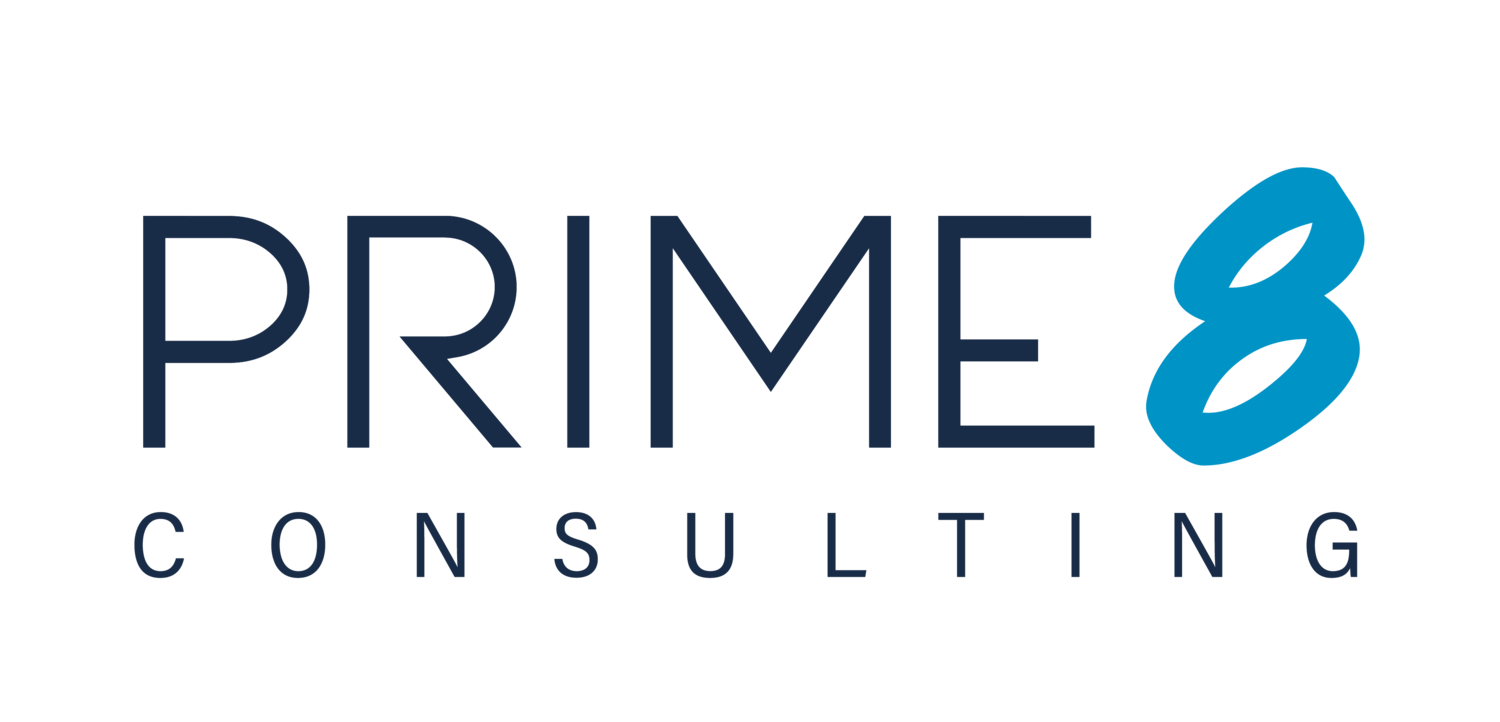AI in Digital Marketing: A Guide for Brands
If you haven’t yet experimented with AI in your digital marketing, you should be. And with good reason: Artificial intelligence (AI) use cases are growing across multiple industries.
According to Grand View Research, the global AI market size was valued at $136.55 billion in 2022 and is projected to expand at a compound annual growth rate (CAGR) of 37.3% from 2023 to 2030. Marketing is one of the industries most impacted by generative AI. The market size for artificial intelligence in marketing was estimated at $20.82 billion in 2022 and is projected to grow more than five-fold to $107.54 billion by 2028. Marketers will need to know how to use AI tools effectively — and soon — in order to remain competitive.
(Source: Statistica)
The Rapid Rise of AI in Digital Marketing
AI tools are rapidly expanding in multiple categories important to marketers. For example, consider the chart below. Based on research from Futurepedia, here is a quick look at the difference in the number of AI tools for a few specific categories available in February 2023 vs. tools available in May 2023.
As AI technology continues to advance, marketers are quickly learning how to use AI tools in their workflows to get more done, save time and save money. Influencer Marketing Hub’s 2023 marketing AI benchmark report shows marketers are jumping into AI. More than 60% of respondents are already using AI in their marketing activities and 44% are leveraging AI in content production. Capterra’s 2022 survey of marketers revealed the top five ways marketers are using AI are:
Email marketing (63%)
Advertising (58%)
Data analysis (57%)
Personalization (49%)
Audience targeting (45%)
(Source: Capterra)
Using AI for Marketing: Pros and Cons
As marketers test and experiment with AI, there are some questions to consider. What are the advantages and disadvantages of AI for marketing? Which AI use cases make the most sense for your own marketing strategy, and which ones should you ignore?
Though the answers to those questions are dependent upon your unique marketing strategy, there are some general pros and cons to consider.
Pros of AI for Marketing
1. Handles mundane tasks well, freeing humans up for more creative thinking and work
Sumit Chauhan, corporate vice president of the Office Product Group at Microsoft, noted: “Now, AI can take on the time-consuming and tedious tasks, freeing me up for more creative thinking and endeavors. This means I can be more productive and tackle more high-level tasks without getting bogged down in drudgery.”
The net result of that productivity may be a better end-content product, as demonstrated by this chart from Microsoft:
(Source: Microsoft)
2. Easy learning curve for marketers
According to the Capterra survey, 57% of marketers reported that staff at their company learned how to use AI technology in less than six months, with 16% learning the tech within 3 months and 41% within 6 months. Although implementation times may be lengthy, once marketers have access to AI tools, they can learn to use them relatively quickly.
3. Saves time and money
In an environment in which layoffs and hiring freezes are the norm and marketing teams are feeling the pinch, AI tools are a welcome way for many marketers to get more done with fewer resources. The Capterra survey found that 88% of marketers agree that AI software saves their company time and money.
4. Improves processes through task automation
AI can automate repetitive aspects of the marketing workflow, helping marketing teams to scale their efforts without additional resource allocation. It is estimated that companies that implement AI in marketing see an average increase in ROI of up to 30%.
5. Improves data management and speeds decision-making
AI can improve data management, enabling marketers to quickly assess the performance of their campaigns and make needed changes on the fly, or send personalized content to customers more quickly.
Cons of AI for Marketing
1. Prone to error
For all its advances, AI is still in its infancy. It often presents inconsistent, inaccurate content as factual. It does not have the human intuition to understand and carry out specific tasks. AI can get something wrong without the guidance of human experience and perception.
2. Lacks originality
Although AI content writing tools may bring speed to the table, they can’t replicate human creativity. They can aggregate data and extrapolate results, but for truly original thought leadership, you need a human.
3. Requires prompt engineering skills for best results
Prompt engineering involves crafting natural language prompts to guide the output of generative AI tools such as ChatGPT, Bing Chat, and others. In much the same way as the right coding guides the output of computer programs, the right prompts improve the output of generative AI tools. Prompt engineering is part science and part art, and it’s a skill that must be learned when a marketer wants to excel with AI marketing tools.
4. May cause risk and governance issues
As is the case with any new technology added to your tech stack, AI can potentially cause risk and governance issues, especially in the area of data privacy. Incorporating AI into your workflow without regard to this potential issue could have significant legal and reputational implications.
How to Use AI in Digital Marketing
Here are some of the most popular use cases for AI marketing.
Targeted, Personalized Content
AI helps brands analyze a customer’s interests, purchase history, past brand interactions, and thousands of other data points that can help marketing teams learn about their target customers on a more granular level. AI can also serve up recommendations for next steps for either the customer or marketing team (think Amazon’s recommended products or Netflix’s recommendations).
Predictive Marketing Analytics
Predictive marketing analytics use machine learning, models, and high volumes of data to help marketers detect patterns in customer behavior and proactively create campaigns timed for optimal results with the right audience at the right time. With predictive analytics, marketers gain visibility into which leads are most likely to convert, which customers are most likely to churn, and what customers may be interested in next.
SEO
Marketers can use AI to optimize content for search engines, suggesting improvements or identifying opportunities busy marketers may overlook. Some generative AI tools can even automate certain aspects of SEO such as meta description generation.
Email Marketing
Marketers use AI for email marketing to optimize campaigns, find the best times to send emails based on customer preferences, segment audiences appropriately, and analyze open rates and click-through rates to learn how to improve future campaigns.
Best Practices for AI Digital Marketing
We see AI and automation as valuable tools for digital marketing. While they can’t replace the need for human judgment, stakeholder management, creativity, and decision-making, developing a fluency with these tools is an imperative for marketing teams.
In our experience, by combining their human creativity, critical thinking, and interpersonal skills with the insights and efficiencies offered by AI and automation, marketers can deliver even better results for their clients and drive innovation in digital marketing.
Regardless of how you intend to use AI for your marketing campaigns, here are some rules of the road:
Define clear objectives for any AI tools you plan to use for digital marketing.
Use AI as a beginning point for content creation — never the finished product. AI generated content cannot be copyrighted and there are legal questions about content ownership currently being litigated.
Verify all information provided by an AI tool, remembering that AI is still in its infancy and requires a human “common sense” check.
Monitor and measure the performance of AI programs and make adjustments where needed.
Implement and enforce a strong data privacy policy to minimize any risks incurred with the use of AI.
Use a crawl-walk-run approach to adopting AI; implement slowly and deliberately in strategic stages to ensure continued improvement and marketing success.
(For additional tips on improving your marketing strategy, download your complimentary copy of Prime 8’s Content Marketing Guide.)
Working With a Digital Marketing Consultant
The list of AI marketing use cases continues to grow as AI evolves. Despite that, many organizations struggle to implement AI technology. In one survey of companies that are currently incorporating AI into their digital marketing, 69% reported that it took their organization six months or longer to get the program off the ground.
For short-staffed marketing teams trying to create digital content, that timeframe can be problematic. That’s where a Prime 8 consultant can help.
For much less than the cost of a new hire, Prime 8 can work with your existing staff to:
Build a strong strategy for digital marketing that leverages AI technologies
Implement that strategy, including training staff on the use of the technologies involved
Automate marketing operations processes via the use of AI
Build a framework to calculate the ROI of AI initiatives
Build and implement a content distribution system that leverages AI
Connect with Prime 8 today to discuss what our digital marketing consultants can do for your brand.





















